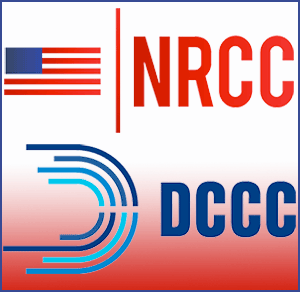By Jim Ellis
Oct. 2, 2018 — With the economy performing well, most recent polling finds jobs and taxes often dropping to third place as an answer to the most important issue question. Depending upon the geographic region, immigration ranks as the second most mentioned topic, but almost all now cite healthcare as number one.
(NY-24, Democrat Dana Balter’s healthcare ad)
Therefore, it is not surprising to see campaigns on both sides driving very different healthcare messages.
Democrats are consistently hitting Republicans over their vote to repeal the Affordable Care Act, as the Dems call it, or Obamacare, as is the GOP reference. The Democrat attacks claim that, because of this vote, the Republican House members wanted to rescind insurance coverage for those with pre-existing medical conditions. Lately, they’re adding an attack that Republicans attempted to invoke an “age tax”, claiming that the vote to repeal would have increased insurance costs five-fold for people over 50 years of age.
Republicans are countering that the “Medicare for all” plan that some Democrats advocate will cost $32 trillion dollars and result in a “doubling of the income tax.”


